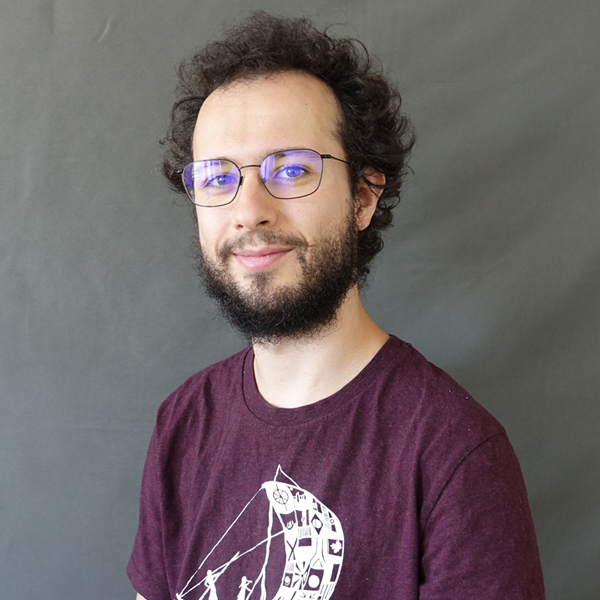VTK for Application Developers Training
This course introduces the main concepts of the Visualization Toolkit (VTK) from the 2D/3D visualization to the more complex post-processing pipelines and integration in existing applications.
The examples are based on use cases from several scientific domains.
The training mixes theory and application with a set of tutorials and exercises.
Objectives
- Create new VTK filter
- Integrate VTK in your (Qt) application
- Extend the user interface with interactors and widgets
Prerequisites
- C++: Good knowledge
- VTK: Basic knowledge of data model and pipeline usage
Program
- Data models and pipeline usage quick reminder
- Advanced pipeline mechanisms:
- Pipeline passes and information keys
- Time handling
- Executive
- Filter writing
- VTK interaction:
- Interactors and Interactor Styles
- Observer and Events
- Picking
- Widgets
- Integration in Qt application
- Debug VTK application
This training course will be taught in English. Course notes are also in English.
Participants are asked to bring a laptop computer for this training session.
The instructor will communicate all the specifications required to each participants before the training session.
Kitware SAS is registered as a training center in France
Practical Information
Duration: 1 day
Next training Date: October 9, 2025
Time zone: Paris (CET / GMT+1h)
Schedule: 9am to 5pm
Location: Online
Price: 800€
Company Training
All our training can be offered on site with a custom agenda. Contact us for more information.
Meet the instructor

Nicolas is an R&D Engineer in the Scientific Visualization team since 2016.
Nicolas mainly works on adapting ParaView for specific use cases, such as ParaView-based application. He also works on Catalyst, the ParaView integration for In-Situ Analysis.
